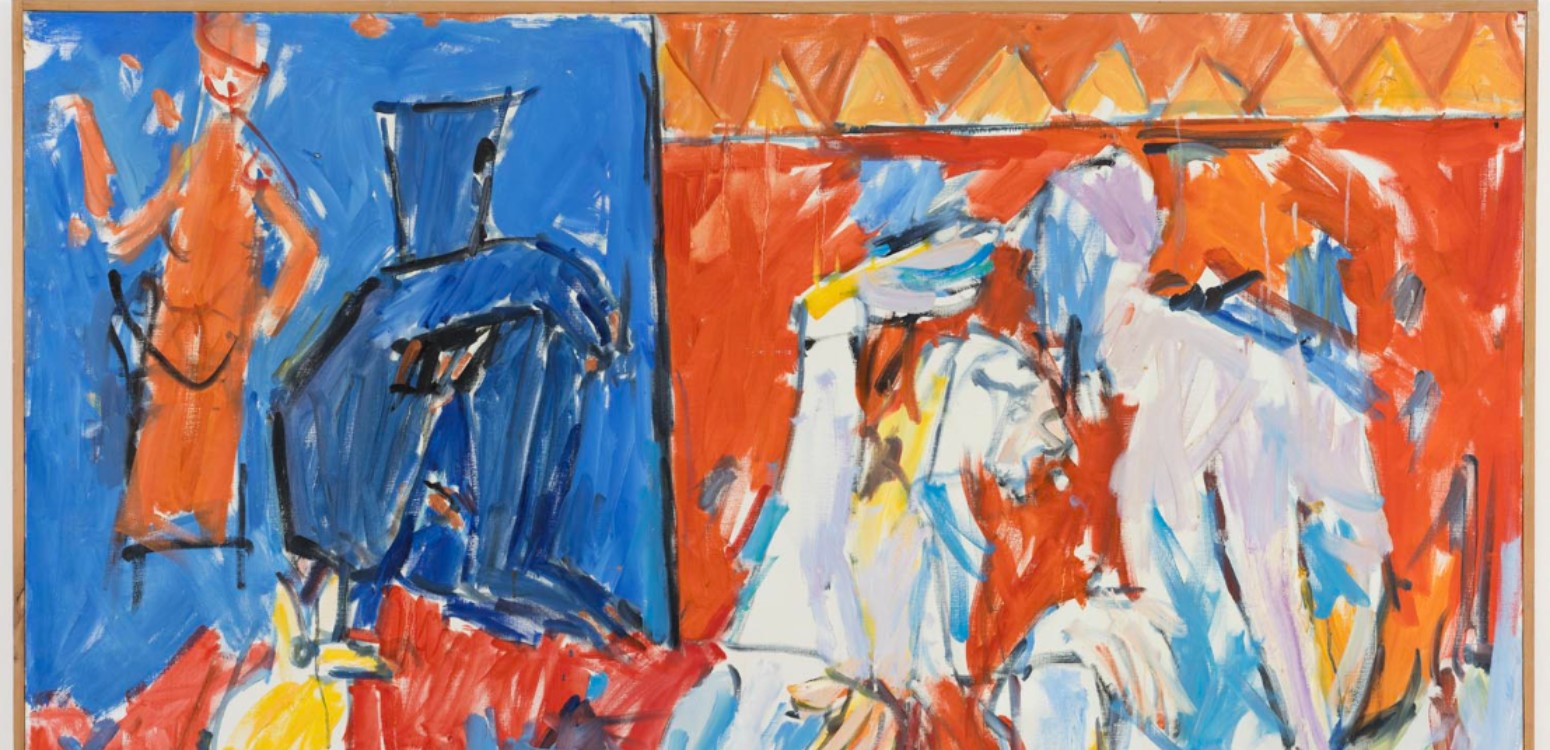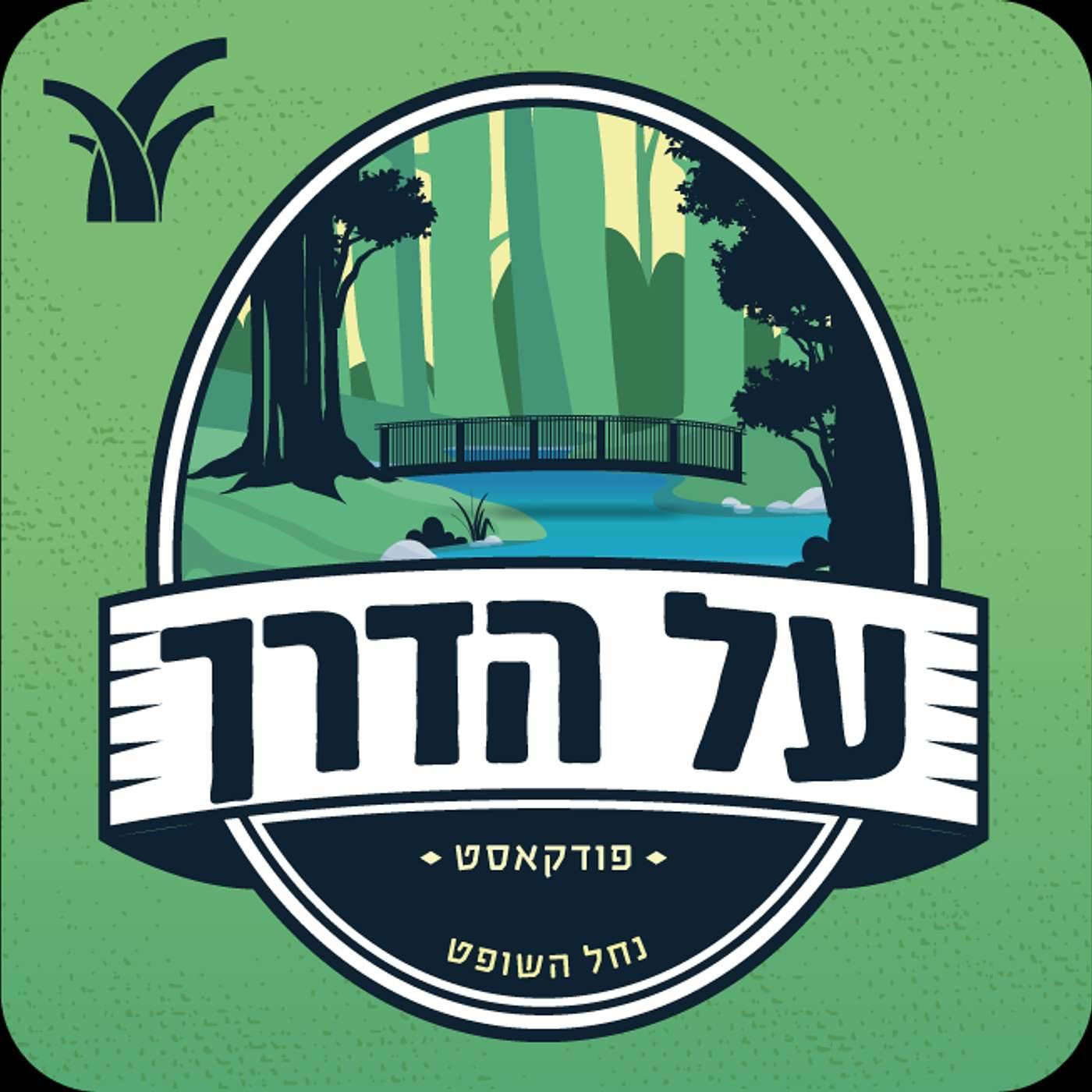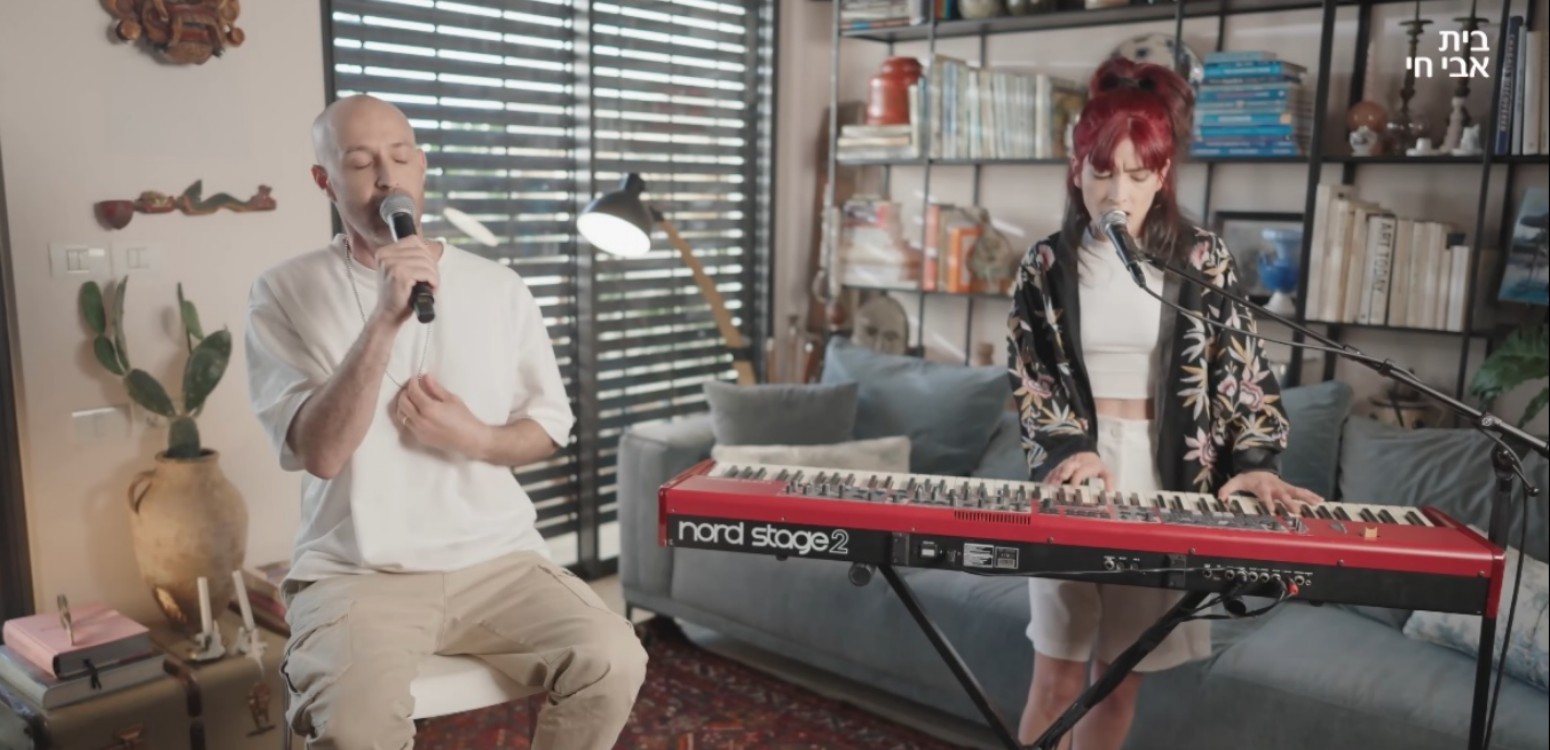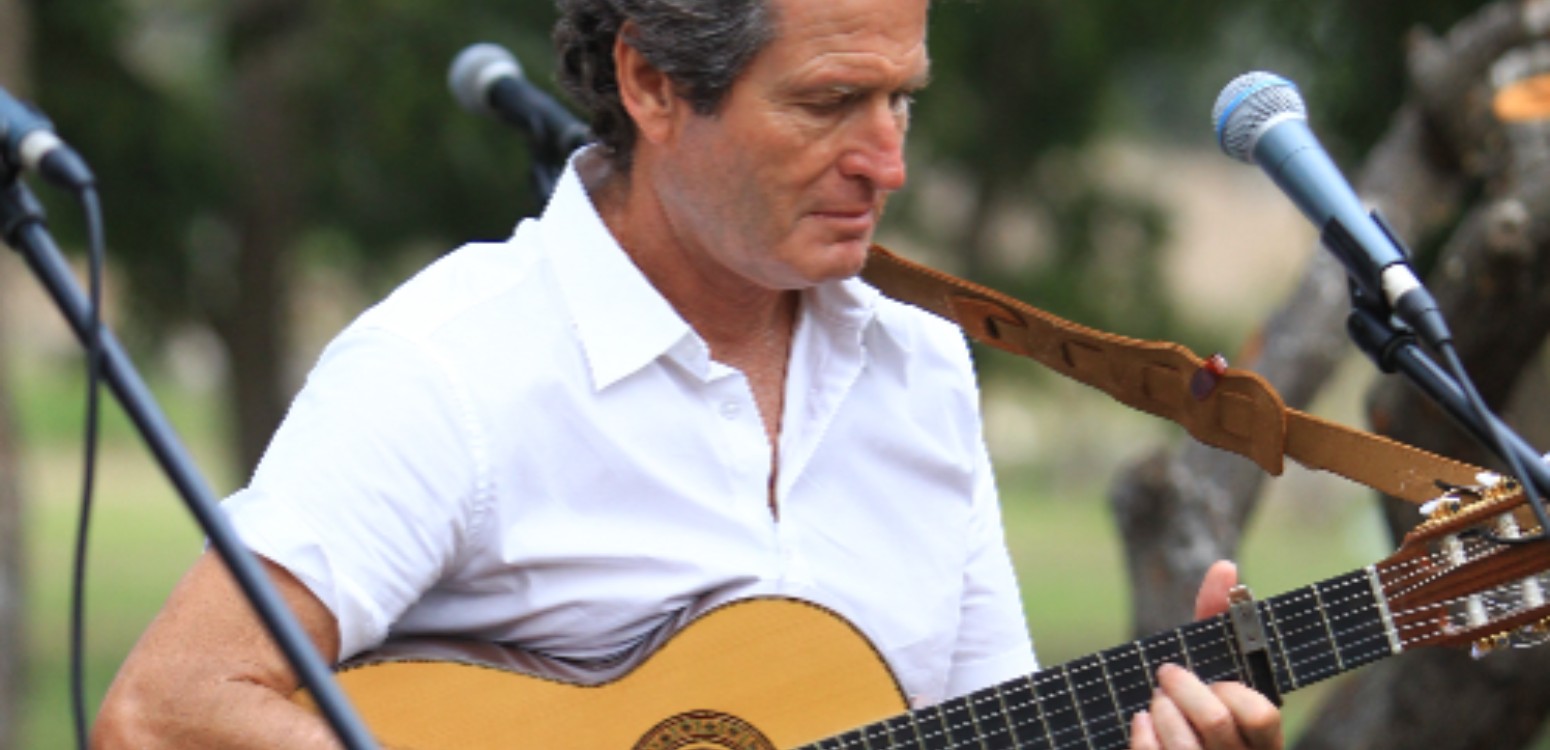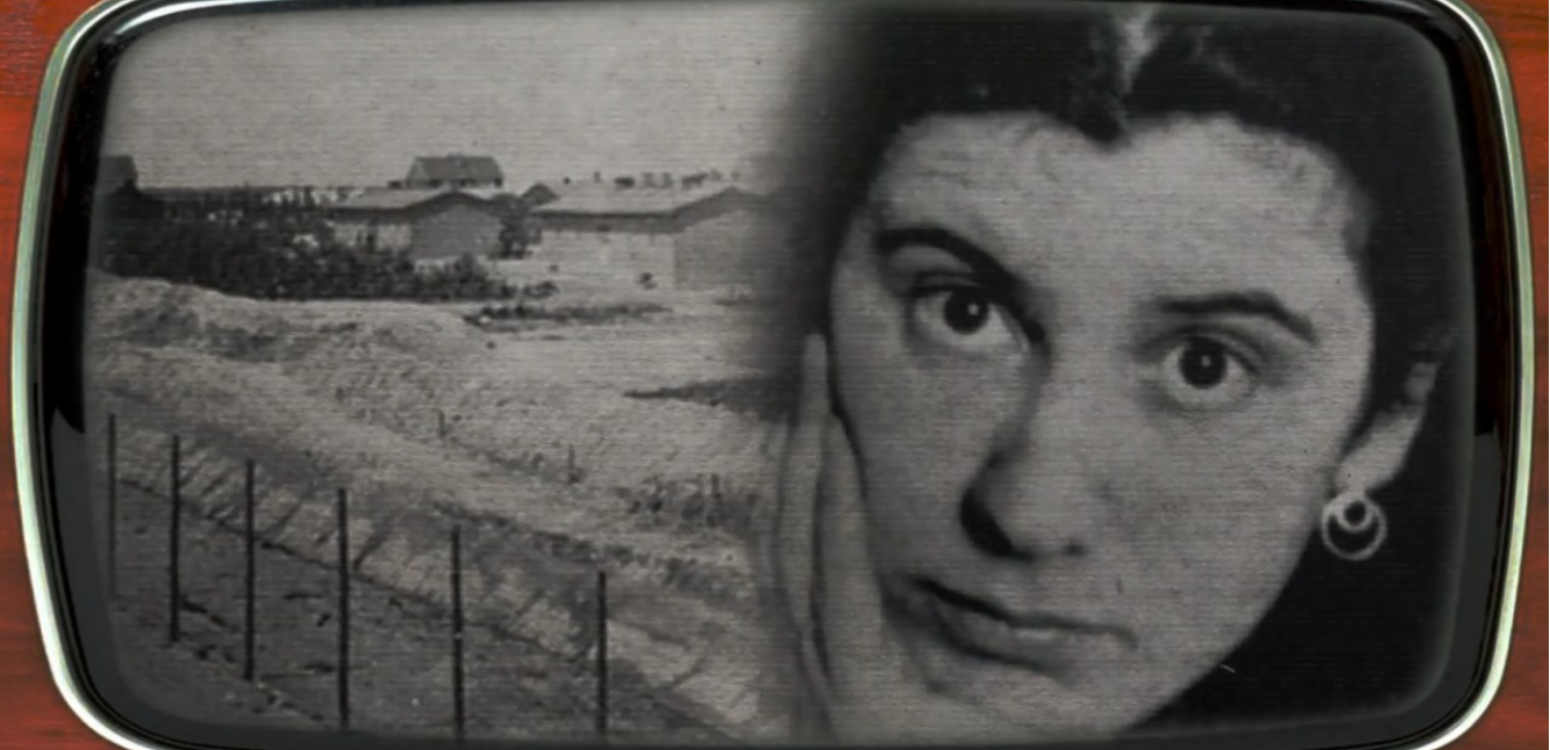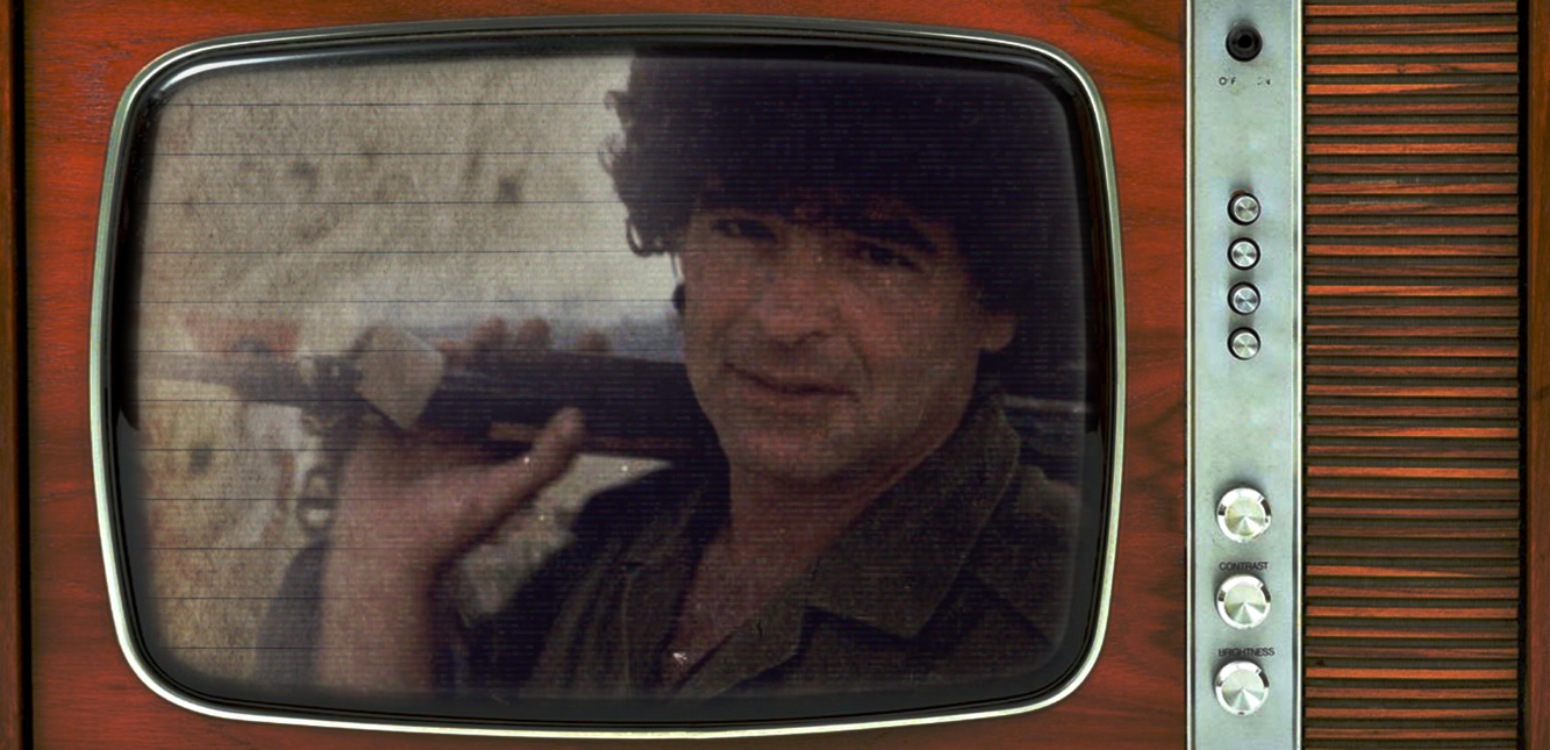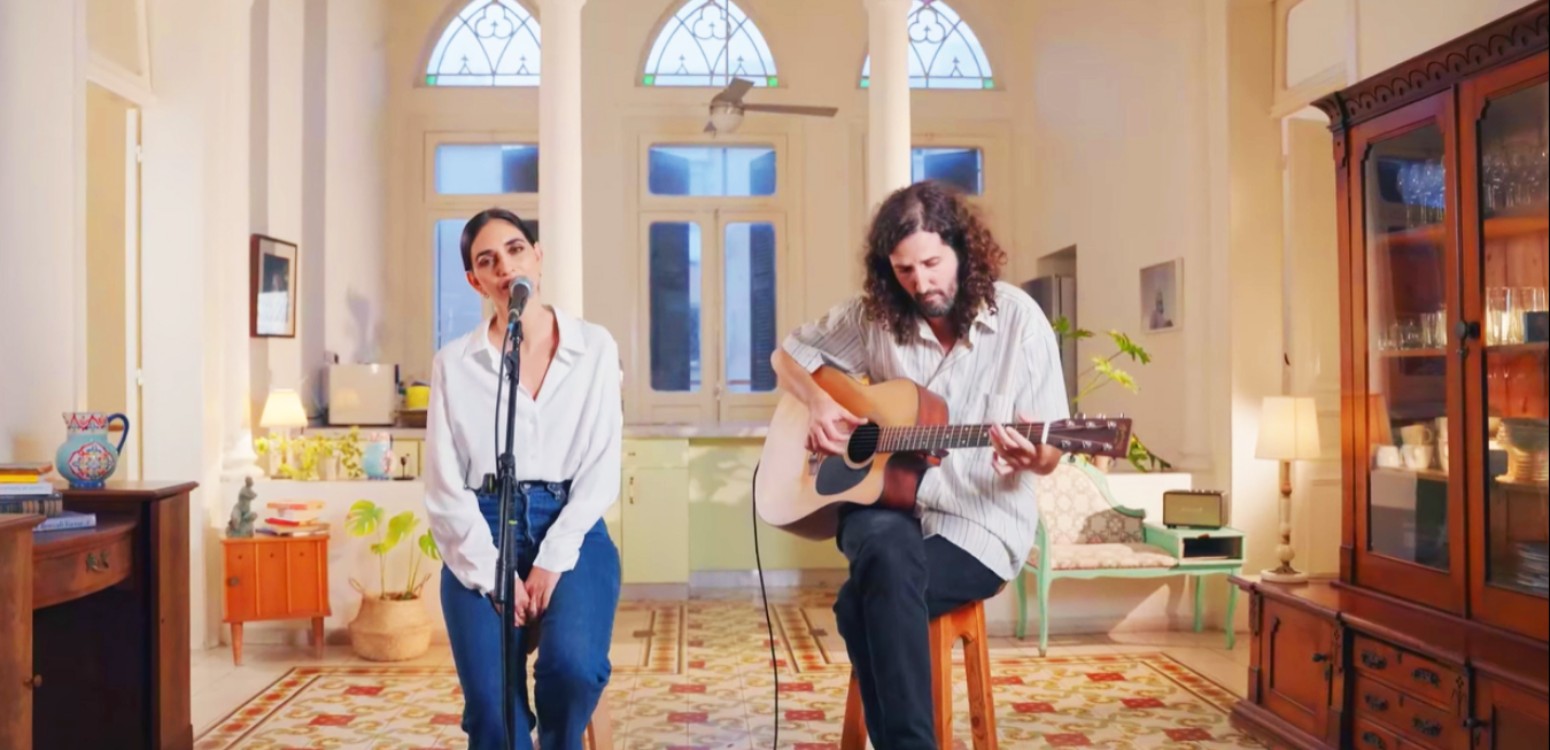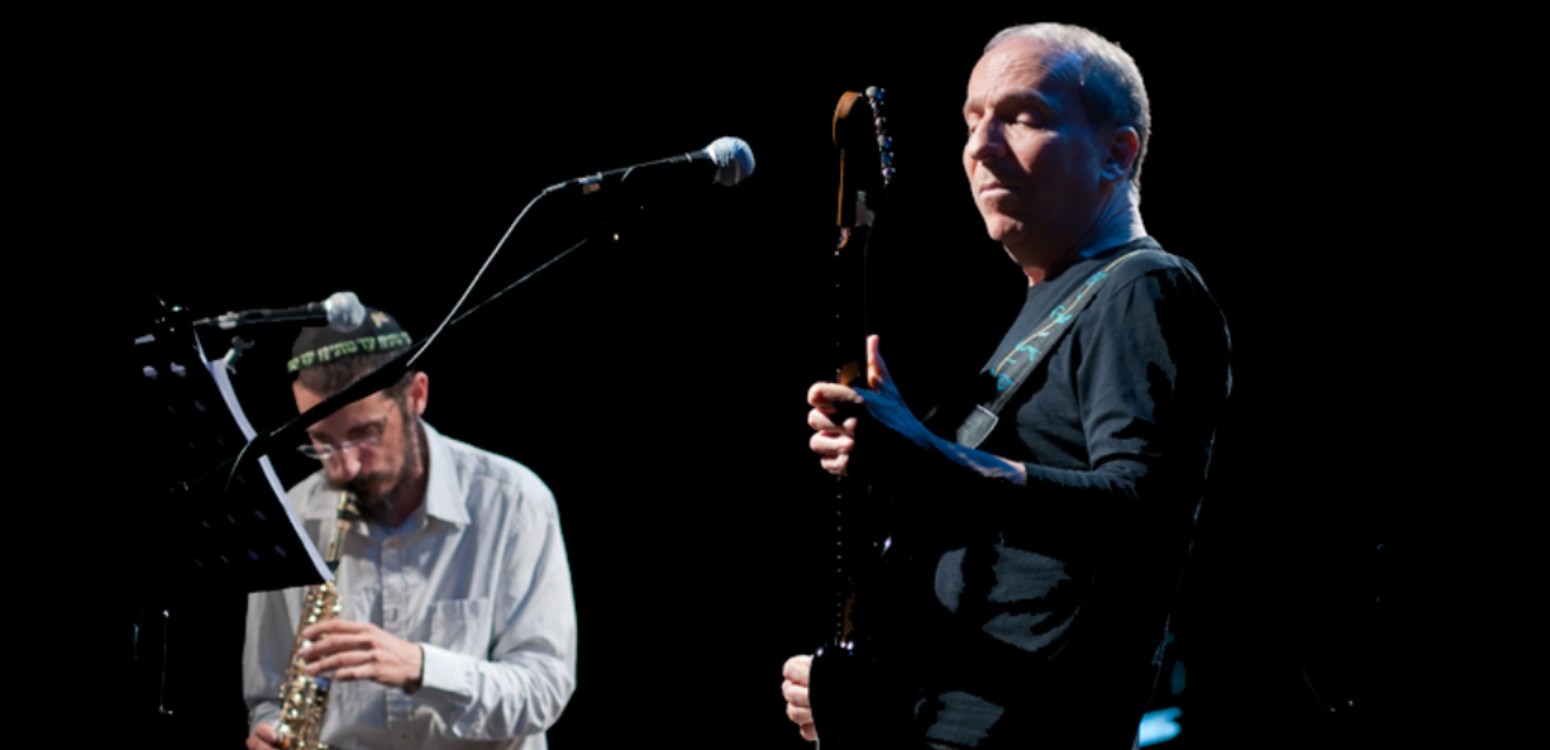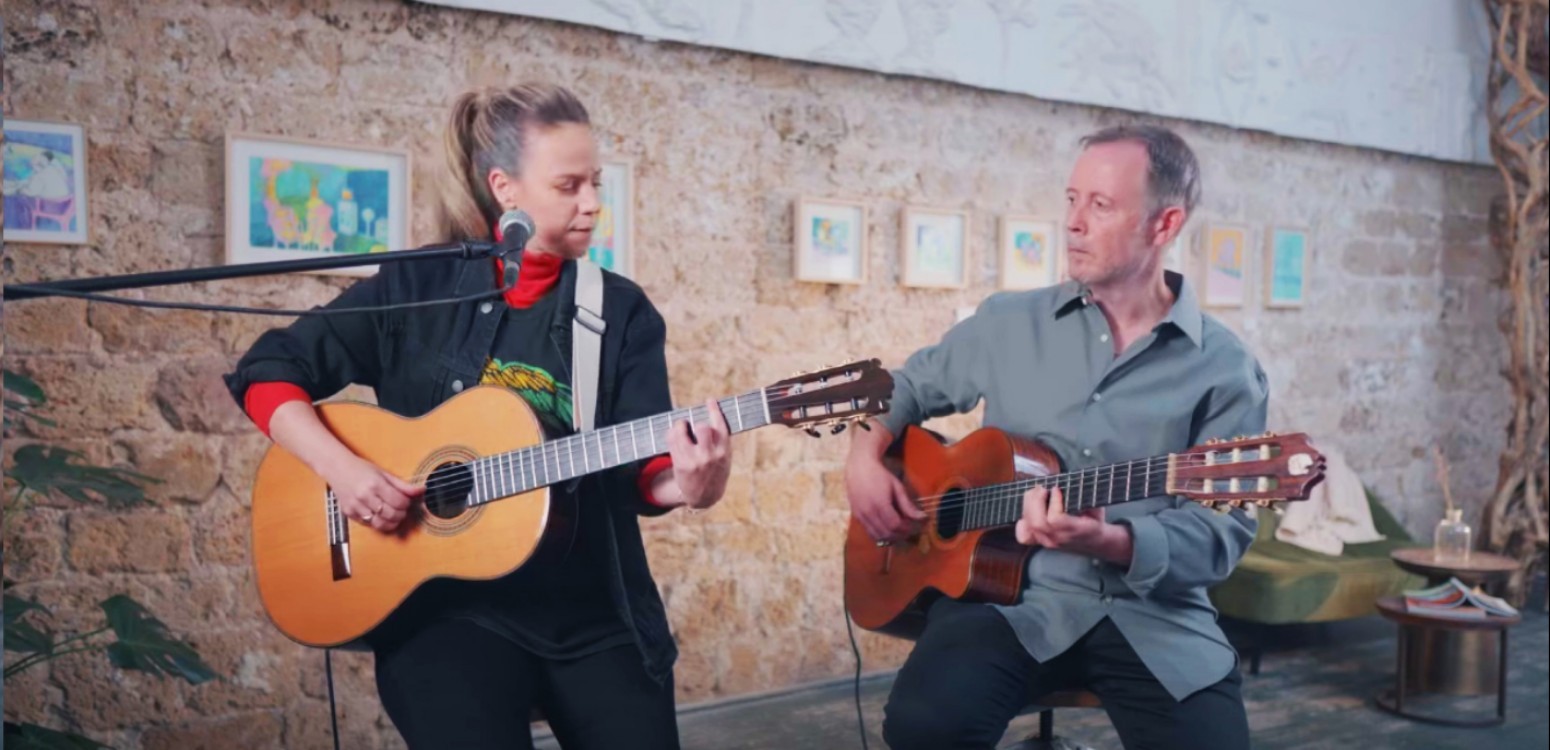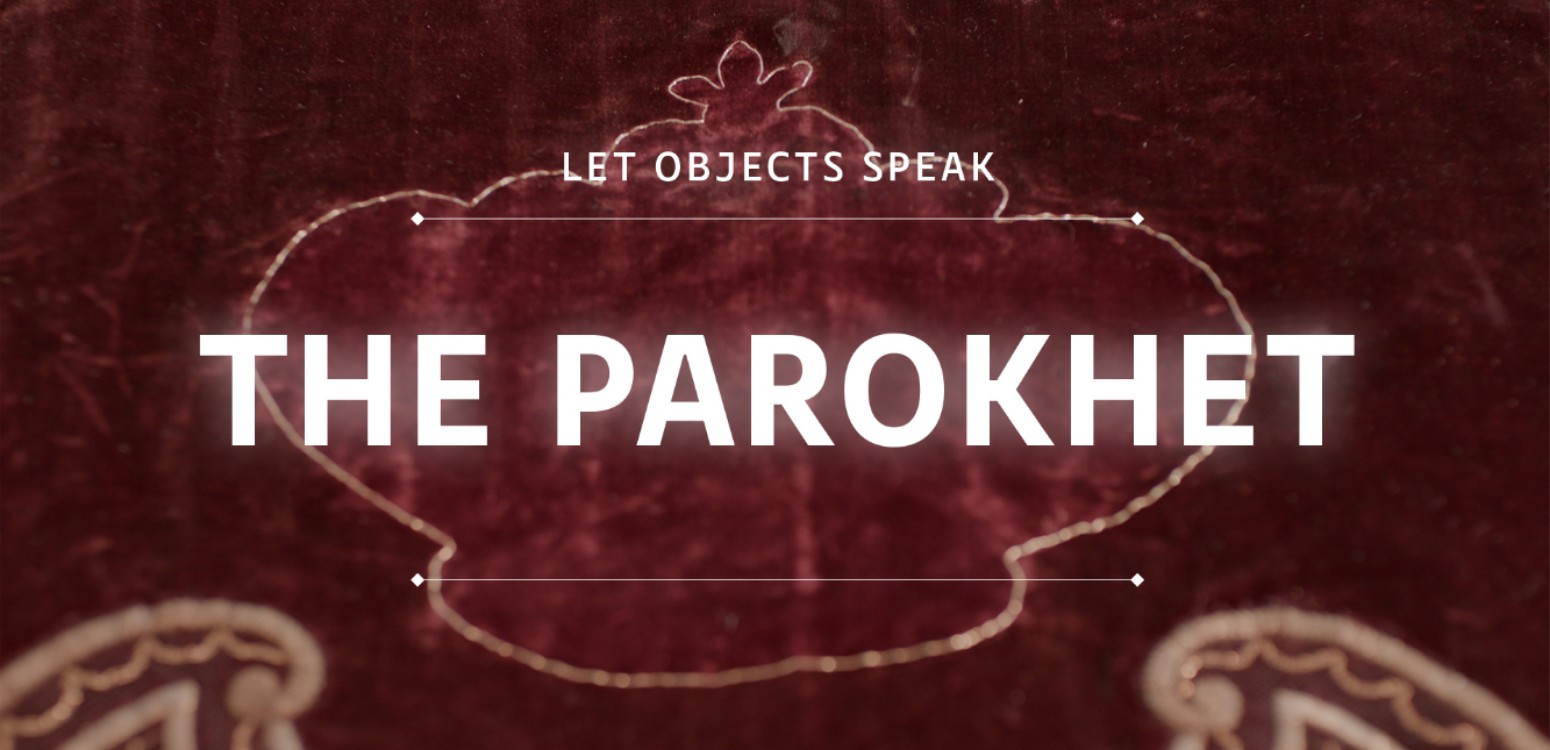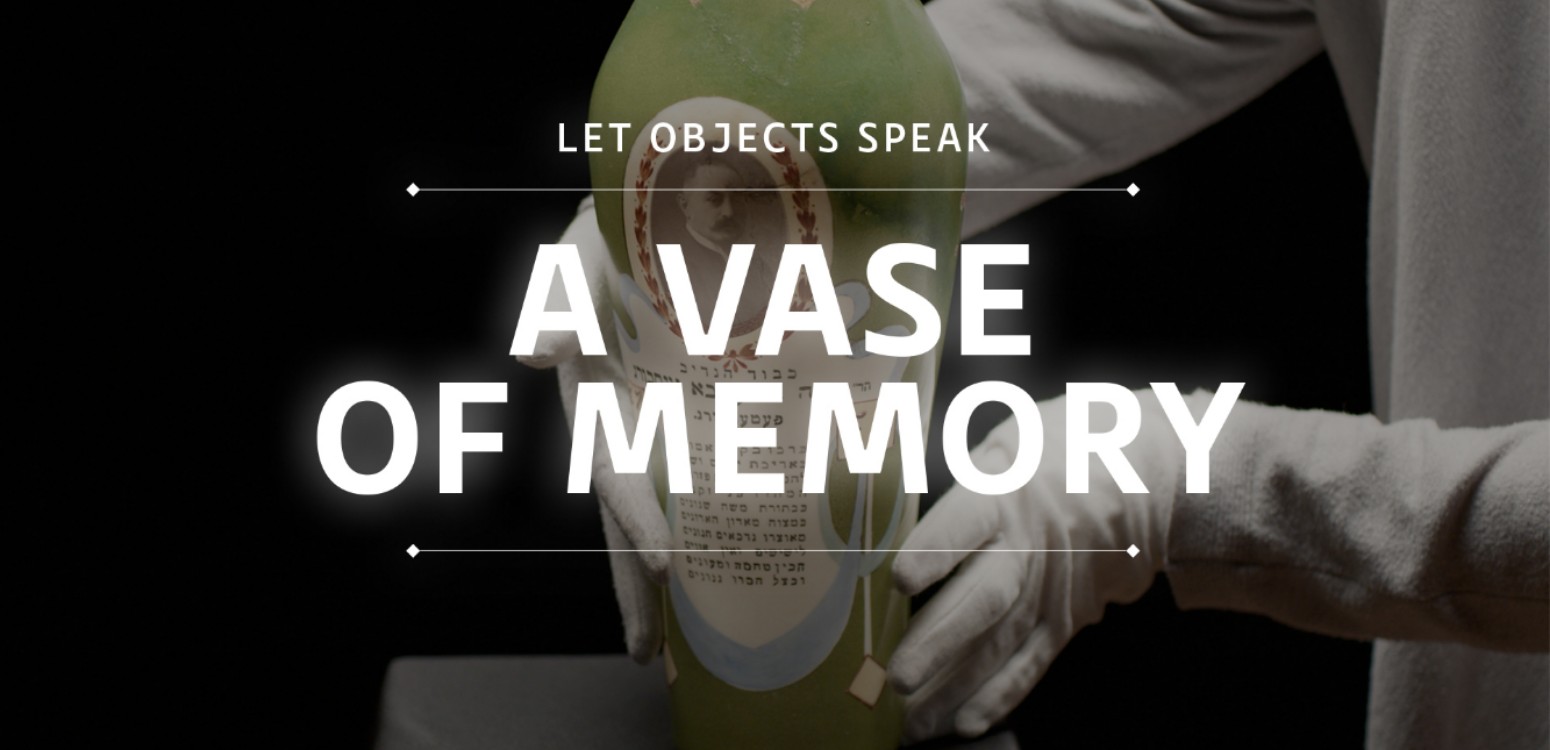
He made Aliyah at the age of 48, joined the first kibbutz and did not work on Shabbat – more than a century after his death, A. D. Gordon continues to have influence on the local culture, and especially to challenge the conventional divide between religion and secularism
“Education is the way, the person is the goal”; “A land was obtained through life, through Aliyah, through work and creation”; “The main thing is the people. The revival of the people precedes the redemption of the land, everything depends on the people.”
The man behind these three quotes, and quite a few other famed sayings, is Aaron David Gordon, the thinker from the time of the Second Aliyah better known as A. D. Gordon. These quotes, as the researcher and educator Dr. Zvi Zameret noted, reflect the special nature of Gordon's concepts of nationhood and community. “In Gordon’s view, national is the opposite of nationalistic,” explains Zameret. “In “Am-Adam” (“Nation-Person”), his best-known essay, Gordon describes a spiral of human existence: individual, familial, communal, national, human. Gordon highlights each of these levels; they are all together. The duties of a nation in matters of war and morality are similar to the duties of an individual in social and moral issues. Just as a person is not allowed to murder, a people is not allowed to kill. Nowadays, when one says “national”, one does not take the other into account – the other nation – just the opposite. In other words, people today do not understand Gordon’s concept of “national-religious”.
Guest for Shabbat: A. D. Gordon
It’s been more than a century since Gordon passed away. He is still remembered as a Zionist, a teacher, a man of the labor movement. In Jerusalem, Tel Aviv, Haifa, but also in Be’er Sheva, Nahariya, Tiberias and Rishon LeTsiyon – (almost) every Israeli city – there is a street named after him. Even in youth movements and high schools, boys and girls still study paragraphs from his essays. From time to time an article is published that reviews his fascinating character. Gordon is indeed present, but his complex, intriguing thought and his rich worldview are difficult to present while standing on one foot. “He lived an intense life of thought,” his friend Yosef Aharonovich eulogized over his grave, adding, “along with that... he knew how to dance until he dropped.” Indeed, despite Gordon’s distinctly intellectual character, the thought in itself, the intellectual recognition, were not enough, not for him. “Recognition is part, experience is everything,” he wrote in the eighth section of his essay “Man and Nature”. “... ‘Life’, ‘animals’, ‘liveliness’, 'vitality', ‘life force’, ‘spirit of life’ – all are irrelevant... Left with no choice, I will allow myself to renew the word and to say ‘experience’."
Whoever wrote such words would have been pleased to discover that over the years, not only readers, but also musicians have been drawn to his legacy. He is often quoted as someone whose will it was to be posthumously returned to and read “only... to the extent that there is any living value left in [my writings]”.
A few years ago, Rabbi Tamar Elad-Appelbaum took to the stage of Beit Avi Chai, accompanied by Ehud Banai and his band, in an event whose title would surely have pleased Gordon: “A Guest for Shabbat: A. D. Gordon”. This wasn’t a seated nor strictly literary event, but one that, in addition to the reading and speaking, also included live music.
Religion, morality, and beauty
“Gordon's character has always fascinated me,” says Ehud Banai, who also wrote about his affinity for Gordon in his book “This is the Place”. “In many ways he was ahead of his time. He demanded from himself and those around him to focus on what was happening here and now; not to be busy planning life, but to live life to the fullest at any given moment. He was a kind of prophet to the pioneers of the Second Aliyah, but his view of Judaism was different from everyone else’s. He wanted the New Yishuv in Israel not to be completely disengaged from Jewish values, which he considered to be the soul of the people. The bridges that Gordon built in his writings are important and essential to us at this time, in this place. His candle is certainly still shining bright.”
The two forces that Banai mentions are also present in Gordon's biography. He was born in the Vilnius area to observant parents, received Torah education as well as general education and was fluent in many languages. He led a traditional lifestyle and at the same time was an ardent Zionist. “Gordon doesn't define himself,” says Zameret, “but he repeatedly talks about several topics. For example, three feelings indicate the uniqueness of a person: the religious feeling, the moral feeling, and the feeling of beauty. The religious feeling surpasses all of them.
It is the cornerstone. And yet, he often confirmed that he was not a religious person."
In the article entitled “Berdichevsky, Brenner, Gordon and the Sabbath”, Zameret emphasized Gordon's unique conception of the Sabbath compared to that of his contemporaries, the writers Yosef Haim Brenner and Mikhah Yosef Berdichevsky. On the connections between Brenner's or Berdichevsky's Shabbat and that of a religious thinker like Gordon, Zameret says: “Brenner and Gordon were friends. Friends-rivals. Gordon valued Brenner as a man of truth and a talented writer, but he was pained by all kinds of Brenner’s statements. For Brenner, the Sabbath is a matter of concern for the employee’s well-being and peace of mind. According to Brenner, one can decide for oneself when one will rest and what that will entail. “Shulchan Aruch” did not bother him. Berdichevsky is a more complex case. On the one hand, he rejected the Sabbath. He wrote: “Let us inhale spirit into our souls when we want, give us the first and not the last day of the week.” On the other hand, he also wrote: “Even a person of great spirit cannot create for himself the Sabbath.”
Gordon does not write about the Sabbath in a distinct or separate way. He does write about workdays and holidays, so the Sabbath is included in that. Throughout his years in Israel, he maintained the observance of mitzvot: he was careful not to work on Shabbat, not to light a fire on Shabbat, not to travel on Shabbat. But Shabbat observance for him was not only through prayer, but through a walk (which also involves a certain desecration of the Shabbat, at least according to its traditional concept), through singing and dancing. It is said that Gordon was old when he arrived in Israel; in fact, he made Aliyah when he was 48 years old, together with his apprentices, young men and women of 18. Gordon would dance and sing with them for hours.
Without tefillin, but with tallit
In your article you call Gordon’s religiosity “free and spontaneous”. Gordon, you claim, is looking for a “fantastic new religiosity”.
“Gordon felt himself outside of a coercive framework, outside of a tight system,” says Zameret. “His religious state was part of his natural state. His religiosity, in many ways, is part of his integration into nature. For example, he was a vegetarian and did not wear leather shoes or put on a tefillin, but he did cover himself with a tallit. If we take prayer in the synagogue, essential part of Shabbat, then Gordon speaks of a synagogue that is open to the four spirits of nature. For Gordon, the foundation of each individual's world is within him, and from it he must build his world. Everyone must read the Torah and interpret it from within. Gordon once argued against institutionally religious people who fail to discover the light hidden in the scriptures because they come to them with old, institutionalized tools. Basically, he said to every person: open yourself up, fully open yourself up – as an individual, as a family member, as a community member, as part of the nation. The religious feeling, he claims, exists wherever there is an aspiration for supreme love, supreme truth, holiness.”
This article was originally published in Hebrew, almost a century after A. D. Gordon’s death.
*Dr. Zvi Zameret passed away since the original publication of this article.
For more about A. D. Gordon, see Prof. Yossi Turner’s new Zoom program in Hebrew, “A. D. Gordon's philosophy of man and nature”, which starts Sun. May 26.
Main Photo:Wikimedia\ Kibbutz Degania Alef Cemetery\ Hanay
Also at Beit Avi Chai

